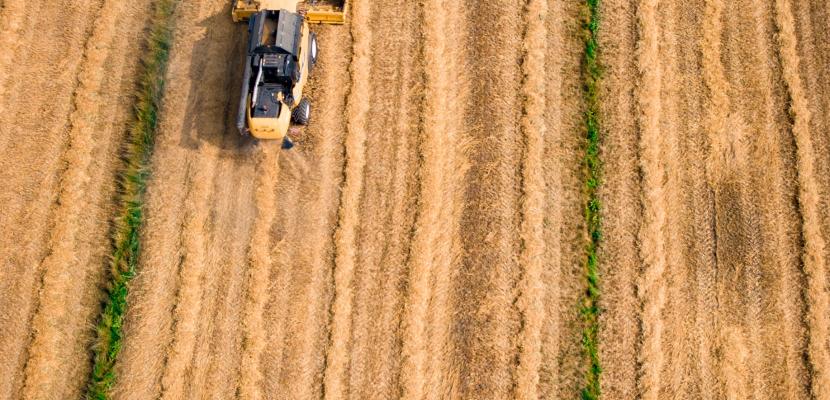Image

Biobriquette in Told, Hungary
Published on 23 August 2019

Hungary
Észak-Alföld
This is the good practice's implementation level. It can be national, regional or local.
About this good practice
Poverty and fuel poverty and thus heating in the winter is a great problem in some poor areas of Hungary. Such was the case in the small village of Told in Eastern Hungary. Having recognised the complex problem, an NGO (Igazgyöngy Alapítvány /Real Pearl Foundation) elaborated a complex social, educational and skill development program to enable those willing to participate to maintain themselves. The first step was to generate trust and acceptance and the foundation approached the residents of the village (and many other villages) via artistic (and other) education of children. Later adults and several other skill development, health, social and job generation component followed.
Within this aid system, the NGO–introduced an adapted biobriquette manufacturing program .Some 20 residents produce biobriquette from agricultural waste (sunflower and corn residues, straw). Manufacturing takes place for a few months a year. The amount manufactured has been sufficient to provide supplementary fuel for the families of the participants
Because the manufacturing process is time consuming, and the heating value is low, this type is biobriquette was suitable for supplementary fuel. However, the experience accumulated paved the way for stepping forward, and in 2019 the community with the help of Real Pearl Foundation procured a chopping machine and a used professional biobriquette machine, which will allow the foundation to employ 2 people in full ti
Within this aid system, the NGO–introduced an adapted biobriquette manufacturing program .Some 20 residents produce biobriquette from agricultural waste (sunflower and corn residues, straw). Manufacturing takes place for a few months a year. The amount manufactured has been sufficient to provide supplementary fuel for the families of the participants
Because the manufacturing process is time consuming, and the heating value is low, this type is biobriquette was suitable for supplementary fuel. However, the experience accumulated paved the way for stepping forward, and in 2019 the community with the help of Real Pearl Foundation procured a chopping machine and a used professional biobriquette machine, which will allow the foundation to employ 2 people in full ti
Expert opinion
This practice is a good example of suing locally available bio-resources to provide renewable energy and overcome other socio-economic issues. The NGO contributes to overcoming energy poverty, as well as providing employment for two people. It makes a use of agricultural residues, which may otherwise be wasted, and the briquettes are sold at 70% of market value to the community, for the benefit of 20 local families. The practice is transferable to other rural, low-income, villages, but could also be implemented at a larger scale in other regions through the use of co-operative structures and building new value chains amongst farmers and communities.
Works at
Interreg Europe Policy Learning Platform
Resources needed
community building/development
A volunteer expert who trains the manufacturing process and organises the logistics
c.. EUR 2000 for the investment for the manual production
c. EUR 10 000 for the investment for the phase 2 chopping and manufacturing machine
A volunteer expert who trains the manufacturing process and organises the logistics
c.. EUR 2000 for the investment for the manual production
c. EUR 10 000 for the investment for the phase 2 chopping and manufacturing machine
Evidence of success
The output is sufficient for the entire village and will be sold to the community at some 70% of the going market price and being local, it will not add the transportation cost of fuel to be purchased from other settlements. The production with the acquired machine is in experimental phase now (February 2019).
Has provided fuel for over 20 families – now for 7th year
Joy of common sensible work –initial reluctance of some turned into volunteering
Has provided fuel for over 20 families – now for 7th year
Joy of common sensible work –initial reluctance of some turned into volunteering
Potential for learning or transfer
It has proved transferable in Hungary already: the manu-al production model of biobriquette is applied in some 10 locations.
It is transferable to countries where there are isolated rural poor, even disintegrated communities, with low skill inhabitants, especially roma communities.
It is transferable to countries where there are isolated rural poor, even disintegrated communities, with low skill inhabitants, especially roma communities.
Further information
Website
Good practice owner
You can contact the good practice owner below for more detailed information.
Organisation
LENERG

Hungary
Észak-Alföld
Contact
External funding Manager
